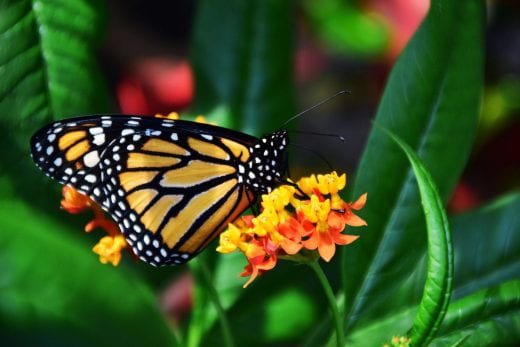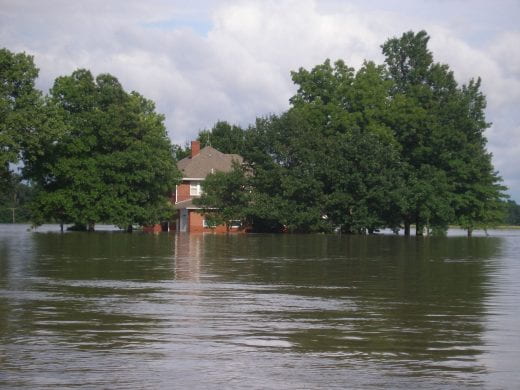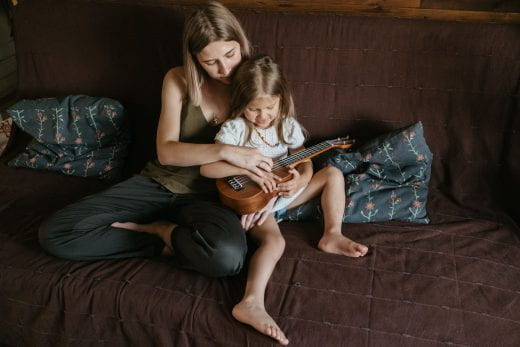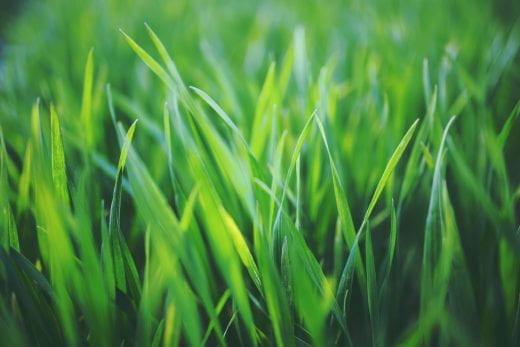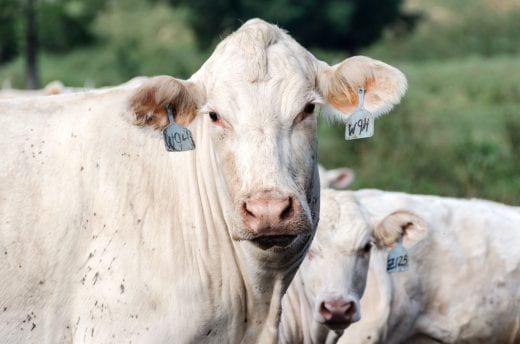Better Kansas this week touches on food allergies, radon, a new soybean production resource, sunflower production challenges and upcoming mini-Risk & Profit Conferences. This is a small glimpse of what K-State Research and Extension across the state has to offer. Share on social media and subscribe! – Mary Lou Peter mlpeter@ksu.edu
Better Living, Better Communities
AS MANY AS 32 MILLION AMERICANS HAVE FOOD ALLERGIES, INCLUDING 5.6 MILLION CHILDREN. That’s one in every 13 children, or roughly two in every classroom, according to Food Allergy Research & Education. It lists the most common food allergies as cow’s milk, eggs, peanuts, soy, wheat, tree nuts, shellfish, finned fish and sesame. But researchers are making strides in learning how to prevent allergic reactions. Take a look at Researchers continue to make progress on reducing food allergy reactions for more information. I miss those honey roasted peanuts a particular airline used to serve, but I understand. Hey, they do sell them at airport kiosks!
WE’RE JUST WRAPPING UP JANUARY, BUT IT’S NEVER TOO LATE TO BRING ATTENTION to Kansas Radon Action Month or to check your home for radon. That can be done any time. The naturally occurring odorless and tasteless radioactive gas is the leading cause of lung cancer deaths in non-smokers. Check the Kansas Radon Program for all kinds of information, including Kansas-specific facts, maps, FAQs and important radon-related contact information.
Better Farming, Ranching and Gardening
AS PROMISED LAST WEEK, I’M PROVIDING INFORMATION ON THE NEWLY AVAILABLE KANSAS SOYBEAN MANAGEMENT 2021 publication, which includes the latest research-based information on tillage and rotations, variety selection, planting practices and seed quality and protein in a clear, concise way. Other sections include weed management, fertilizer requirements, diseases, insects, irrigation and more in just eight pages. More information on growing soybeans in your area (we’re a big state, after all) is available from your local K-State Research and Extension office.
KANSAS RANKS NO. 4 IN SUNFLOWER PRODUCTION, but the crop does have its foes. Among them are diseases such as red rust, Rhizopus head rot (oh, that even sounds gross) and charcoal rot. Read Sunflower disease management in Kansas for management tips and great photos. It’s part of the Jan. 21 Agronomy eUpdate which also contains articles on 2021 wheat variety yield comparisons, emergency measures to control wind erosion, World of Weeds: Marestail and information on fast approaching Kansas Corn Schools.
DON’T MISS ONLINE MINI-RISK & PROFIT CONFERENCES coming up in February, presented by K-State Research and Extension agricultural economists. Grab a sandwich and make them a lunch and learn:
Feb. 3
12:00-12:45 – Ag Technology Across Generations of Farm Operators and Farmland Value Interactive Dashboard
12:45-1:30 – Farm Profitability
Feb. 17
12:00-12:45 – Agricultural Finance
12:45-1:30 – International Grain Markets and Outlook for 2021
A one-time $20 fee provides access to all mini conferences in the series, including recordings and materials from previous sessions. Register online. And check www.agmanager.info for updates in coming months on the full-fledged annual Risk & Profit Conference that typically occurs in August.
—
For more resources and activities, contact the K-State Research and Extension office in your area. Check out our other blogs and subscribe to our weekly emails here: https://www.ksre.k-state.edu/news/blogs/















